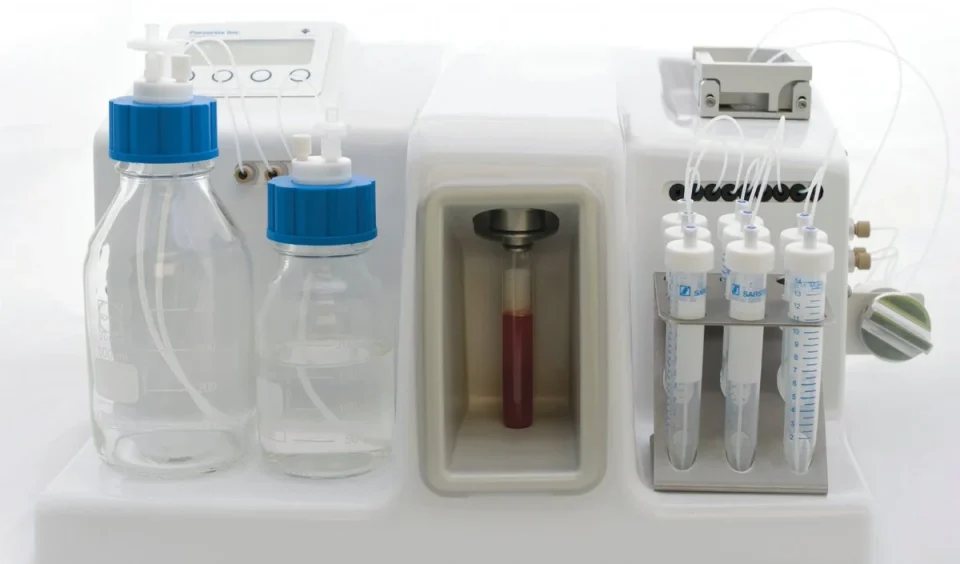A recent clinical trial has unveiled promising data for a novel approach to cancer treatment, leveraging the Parsortix system to identify patients with highly metastatic circulating tumor cell (CTC) clusters. This breakthrough research, led by Professor Nicola Aceto at ETH Zurich and published in Nature Medicine, could reshape treatment strategies for metastatic breast cancer, a condition responsible for the majority of cancer-related deaths.
The trial focused on the repurposed FDA-approved drug digoxin, traditionally used for heart conditions, which has shown potential in disrupting metastatic CTC clusters. By employing the Parsortix system, researchers were able to select patients who tested positive for these CTC clusters, ensuring that only those likely to benefit from digoxin were enrolled in the study. This targeted approach not only enhances patient outcomes but also streamlines the clinical trial process.
The primary objective of the trial was successfully met, with significant reductions in CTC cluster sizes observed among participants receiving treatment. This proof-of-concept study lays the groundwork for developing a new class of drugs aimed at preventing or inhibiting metastasis. The Parsortix system has already established its role in the Aceto Lab and is expected to be integral in the preclinical and clinical development of new compounds designed to disassociate CTC clusters.
Professor Aceto emphasized the need for targeted treatments that address the underlying mechanisms of metastasis rather than relying solely on cytotoxic therapies. He noted, “Given that the spread of cancer accounts for the vast majority of cancer-related deaths, effective prevention and suppression of metastasis is an elusive goal for clinicians worldwide.” The trial’s findings provide first-in-class evidence supporting this innovative treatment strategy.
ANGLE plc’s Chief Scientific Officer, Karen Miller, expressed enthusiasm about the implications of this research. She stated that the Parsortix system’s unique capabilities in capturing CTC clusters will be crucial in developing drugs that target metastatic processes. This collaboration with ETH Zurich and PAGE Therapeutics aims to refine drug development further by identifying patients most likely to respond to these new treatments and enabling continuous monitoring of their effects.
Circulating tumor cells are vital indicators of metastasis, as they represent living cancer cells found in the bloodstream. Research indicates that when these cells aggregate into clusters, their metastatic potential can increase significantly, by up to 100 times, due to enhanced immune evasion and increased cell adhesion. Targeting these clusters could allow for more effective treatments and improved survival rates across various solid tumors.
The patented Parsortix system stands out for its ability to isolate CTCs from standard blood samples without relying on specific markers. This technology enables researchers to analyze intact CTC clusters alongside their associated immune cells, facilitating a comprehensive understanding of cancer metastasis and potentially leading to groundbreaking therapeutic strategies.
In preclinical studies using mouse models, disassociating CTC clusters with digoxin resulted in a dramatic reduction in metastatic spread, up to 80 times less than untreated subjects. The recent clinical study on breast cancer patients opens avenues for evaluating not only reduced metastasis but also enhanced overall survival through novel drug classes informed by CTC cluster assessments.
ANGLE plc (AIM:AGL, OTCQX:ANPCY) continues to lead advancements in liquid biopsy technology with its Parsortix system, which is pivotal for research and clinical oncology applications. With over 100 peer-reviewed publications validating its effectiveness, ANGLE is poised to contribute significantly to the future of cancer treatment through innovative approaches that harness the power of liquid biopsies.

